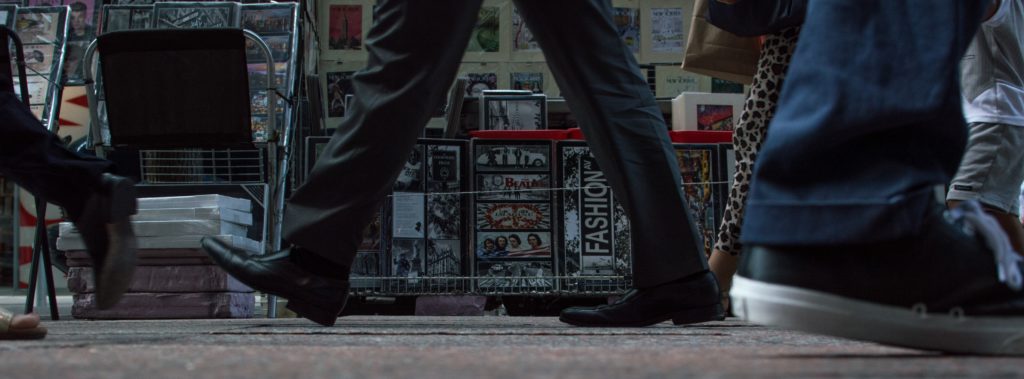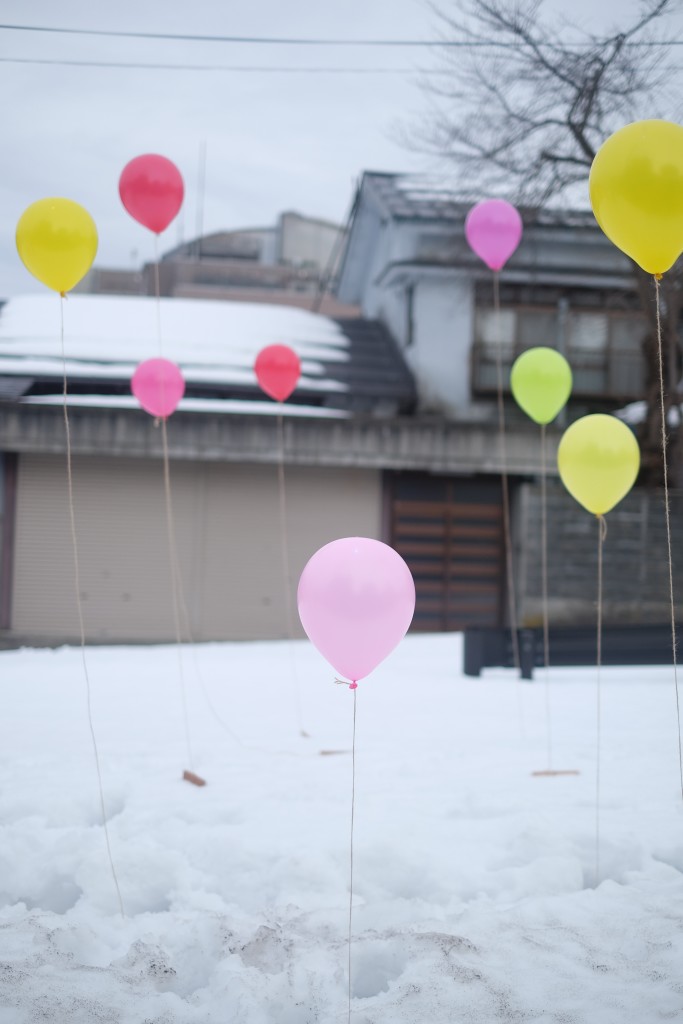I got to hang out with the One Percent this week. I’m so lucky they let me into their circles, that they trust me to be among them. We come from totally different worlds. We speak different languages. And yet we are friends.
I ask to sit with them at their table, and they pull out a chair or pat the seat next to them, smiling, offering, “You can sit here.” They welcome me, and I am honored.
These are not the one-percenters you’ve heard so much about from other people. They are not the richest of the richest. They are not the most talked about, the most celebrated, the ones given the most attention.
No, these are a different group. The other one percent.
You’ve heard about the global refugee crisis, and there’s a lot of talk about who we should welcome and where and how many, but here’s a number I forgot about until recently:
Of the millions of people around the world displaced from their homes, resettlement (i.e. becoming a legal resident of a country that is not their home and not the one they fled to) is an option for less than 1 percent.
If you’ve been following along here, you know that I recently started helping out with refugee resettlement in my community. I never thought about how the people I was meeting, the new friends I was making, are part of that one percent. They are the lucky ones who jumped through all the hoops, passed all the clearances, and were approved for resettlement.
They are a small representation of a larger population.
Walking with the One Percent
We do a lot of walking, me and the one percent, they much more than me. I’m almost embarrassed to admit that I drive into the city to meet them. The first time we talked, I told them I lived too far to walk, then immediately shut my mouth, remembering our friend in Kenya who walks 45 minutes each way to work every day. Walking from my house to the city is possible, even if it isn’t convenient, and their feet log many more miles than mine.
Still, the walking is one of my favorite things I get to do with my new friends. I am navigationally challenged, relying on GPS more than is necessary, and even after three years of living here, I still don’t know my way around the city comfortably. Walking has changed that. After only two weeks of this volunteer gig, I recognize landmarks and where certain places are in relation to other places. I see things I never saw before, and the city that sometimes seems scary when I read news reports becomes much more familiar with my feet on the ground.
The youngest boy grabs my hand though we don’t understand each other–our language is smiles and trucks and building blocks–and we walk that way for blocks, hand-in-hand. I am overcome by his trust. I have walked this way with my own children, years ago, and this boy, he chooses my hand and keeps it.
Sometimes we talk about what we are seeing or hearing. Two police cars and an ambulance zoom past and we cover our ears or I repeat the words my friends are saying to identify those vehicles.
Sometimes we are silent because the language barrier is too much to overcome. I walk ahead and another young man follows behind. It is a responsibility I don’t feel qualified to carry, this guiding him through a city that is not my home, either. But being born into this country’s culture gives me an advantage I don’t always see. Maybe I’ve never been to a language class inside a church I’ve only seen from the outside, but I can fumble my way through a set of directions, even if I have to try every locked door on the outside of the building before I find the one that is open. (I also chose the wrong staircase and we wandered dark hallways until we found the right room.)
When walking in the city, I never feel out of place, even if there are 10 of us clustered together and we don’t quite make it across the street before the light changes. Walking is a way of life in the city. Out where I live in the suburbs, if I walk across the street to Costco I feel like a nuisance to the cars in the parking lot. I feel abnormal. Walking in the suburbs is mostly for exercise, not for errands.
Paying Attention
The silence is awkward sometimes. Even though I like quiet and conversation is not always easy for me, I have difficulty being silent in other people’s presence. I desperately wanted to make small talk as we walked to a church and back, but neither of us spoke the other’s language, so I focused on the path, instead. I didn’t want to get lost on our way there or back. I watched the street signs pass, mentally reviewing where our next turn would be. And I noticed the city’s smells. The brewing company filled the air with hops. And someone somewhere was cooking with fragrant spices.
I was so set on my task that I did not feel my phone vibrate, alerting me that our mission destination had changed.
And when I’ve been with the one percent for several hours, I don’t even think about what I’m missing from my phone notifications or the rest of the world around me. They are my focus during that time, and it is hard to get them out of my minds on the days when I can’t volunteer. Through their eyes I see the everyday as if it’s the first time.
I smile at one couple’s enthusiasm to be in the States as they take pictures of themselves in front of city buildings and introduce themselves to the other members of the class.
I see the frustration they feel when they don’t understand because an interpreter wasn’t arranged for that day or the plans fell through. And I’m puzzled for the right answer when they ask questions I’ve never considered, like, “How do I know the electric company has received my payment?” or “How does the doctor know you are sick?”
Have I ever asked those kinds of questions?
I have so much to learn. They have so much to teach me.



